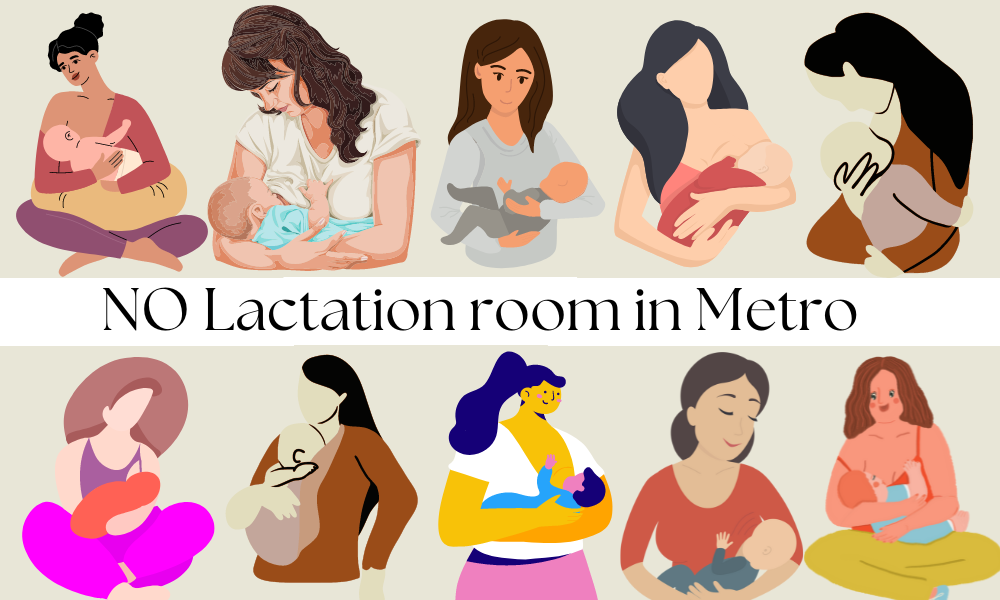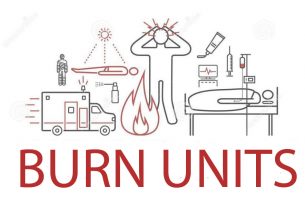Mothers are forced to breastfeed in unhygienic places, as Namma Metro lacks lactation rooms.
Out of 51 metro stations in Bengaluru, not a single one has lactation rooms. Husaina, mother of a 4-month-old said, “Once, I breastfed my baby in the washroom at Halasuru metro station because there was no breastfeeding room. I fed her standing in the washroom, it was very chaotic for me but my baby was hungry, I had no other option.”
Gopalan, an official from Bangalore Metro Rail Corporation Limited (BMRCL) says, “We do not have lactation rooms specifically but we will be having them very soon. It will be inaugurated with the second phase of metro project which is currently going on.”
Security guard in Nadaprabhu Kempegowda Station, Majestic Metro said, “This metro station does not have any breastfeeding room, anyone who wants to feed their baby can sit on the floor under the escalator and do it.”
A passenger who was carrying her child said, “I have never breastfed in the metro because there is no specific room for feeding, I always pump the milk and carry it with me for emergencies.”
Security guard in Rajajinagar metro station said, “Mothers usually breastfeed in washrooms or we have a room in a restricted area which they can use.” Cleaning equipment is kept in this room where mothers are asked to breastfeed their babies. Also, it has a see-through iron gate that opens on the back-end so whatever is going inside is visible to anyone outside the room.
According to United Nations International Children’s Emergency Fund (UNICEF), breastfeeding rooms must provide adequate space, accessibility, furniture, supplies, lighting, ventilation, and hygiene. UNICEF also says, it must also ensure privacy, so entrances must therefore be closed properly, and the facilities must be designed to ensure that mothers using the room are not visible from the outside.
According to Dr. Raunak Barnawal, “Breastfeeding in unhygienic conditions can cause infection in baby and lead to jaundice. When babies are hungry, they cry excessively which can cause hypoglycemia, and dehydration. Mothers are also affected by this. They might get breast infections like mastitis which typically affects the fatty tissue in the breast, causing swelling, lumps, and pain.”
A report from UNICEF shows that in five of the world’s largest emerging economies—China, India, Indonesia, Mexico, and Nigeria—the lack of investment in breastfeeding results in an estimated 236,000 child deaths per year and US $119 billion in economic losses.




